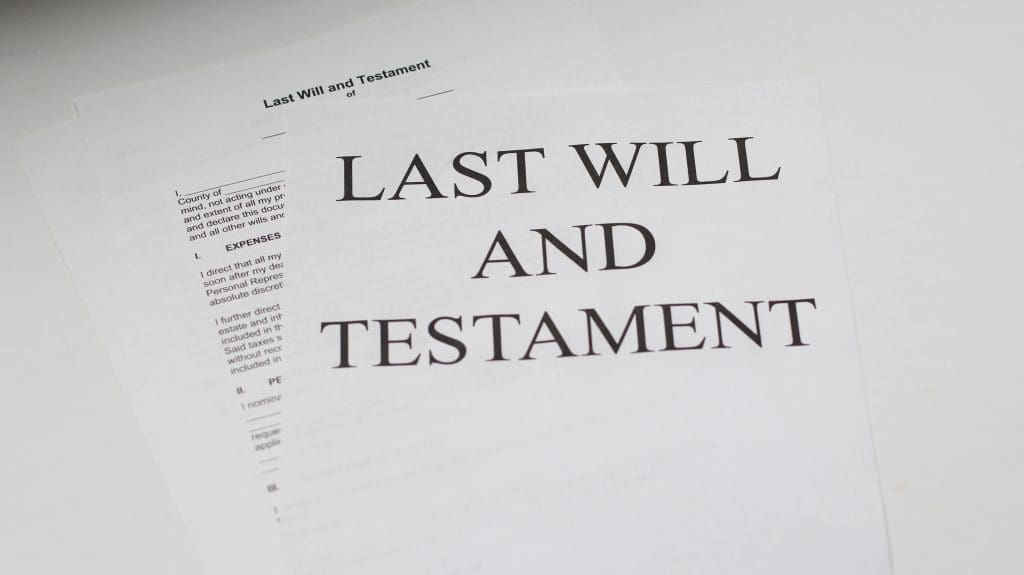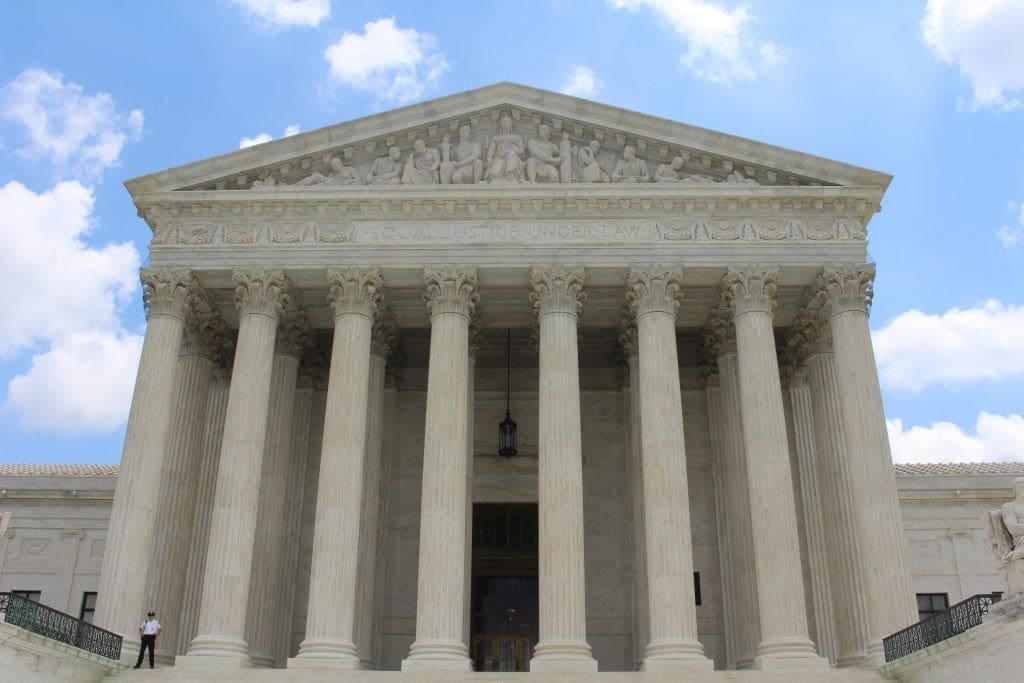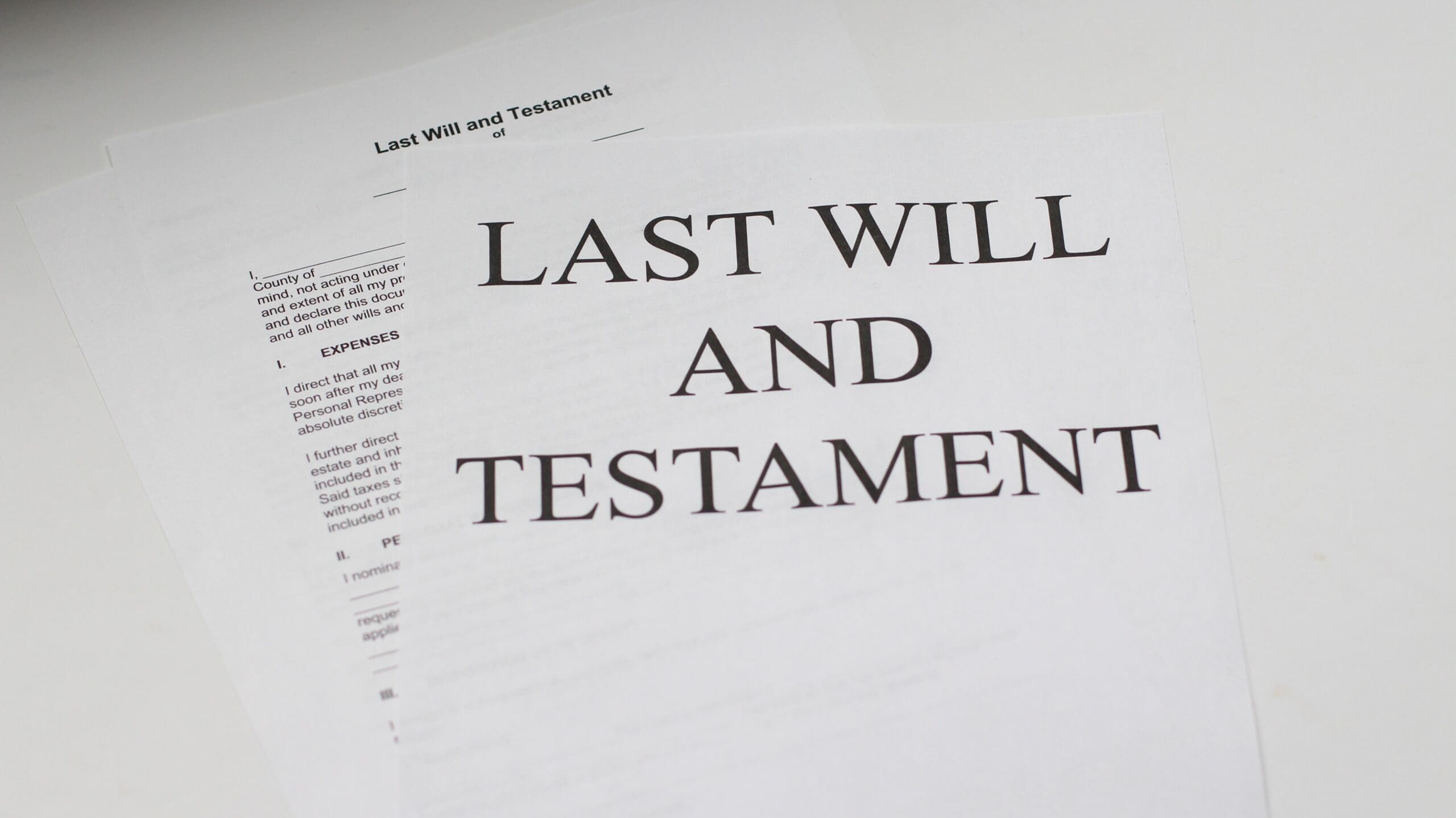What can you do When the Executor of the Will Steals Inheritance?
Separation and settlement of properties can be complicated after a loved one passes away. The wills executor is either named by the deceased on his will or appointed legally by the court. The executor has to take care of the financial obligations left by the testator after his death. The executor is usually an immediate family of the deceased. It can be the spouse, his child, or a parent.

What are the Roles of an Executor?
The wills executor does not have to be a lawyer or a financial expert. However, he or she is expected to perform his or her tasks dutifully and honestly. The tasks of an executor can be summarized as follows:
1 Probate
Probate is the authentication of the testator’s last will. The requirement to probate an estate can differ for each state. It is the responsibility of the executor to oversee the probate of the will. During probate, the executor must accomplish forms and documents to prove that the will is legal and that he is its legal executor. He can enlist the services of a probate attorney to manage the whole probate process.
A probate attorney can help in the collection of life insurance, appraisal of properties, and preparation of the probate documents needed.
2 Estate Distribution
The executor is also tasked to locate and meet with the beneficiaries of the deceased. He has to ensure that the properties enumerated in the testator’s will go to the right beneficiary.
3 Managing Assets
The wills executor should be able to locate and identify all the assets left by the deceased so he can protect them during the probate. The protection of these properties includes paying for property taxes and insurance.
4 Paperwork
The executor’s responsibility is to cancel the IDs and licenses of the deceased. He is also tasked to file for insurance, pension benefits, and the final income tax return of the testator.
In all these, a probate attorney can help the executor. The probate attorney can also give legal advice to the beneficiaries of the deceased, should there be questions about the will.
5 Signs of Fraud


The wills executor is expected to act in the best interest of the testator, and to carry out his final wishes. However, executor fraud is not that uncommon. If it is believed that the executor is stealing from the deceased’s estate, the beneficiary must act quickly. A theft crime attorney can provide guidance and legal assistance in the matter. It will be impossible to recover stolen funds and properties if you do not act fast enough.
Your executor, however, has a right not to release funds right away. Remember that he must pay all debts and taxes left by the deceased first. If the delay in the distribution of inheritance is taking too long, then it’s time to seek legal counsel.
Beneficiaries should look out for these warning signs:
- There were suspicious changes to the will before the death of the testator.
- There were changes to the testator’s financial behavior before he died.
- The beneficiaries received suspicious emails with regard to the estate.
- There are personal items of the deceased that are unaccounted for or are suddenly missing.
If the beneficiaries suspect the executor of unlawful acts, they should contact a probate attorney or a theft crime attorney immediately.
How to Protect Yourself
If you are a beneficiary of a testator and you suspect that the executor is stealing from your inheritance, seek help. It is not advisable to confront the executor of your suspicions.
A probate attorney or a theft crime attorney can help you with the following:
- Examine the wills made and gauge the changes made.
- Examine the signatures affixed in the latest and the previous wills.
- Check on the witnesses of the last will.
- Obtain relevant medical records.
- Make inquiries with the bank of the deceased.
A theft crime attorney who has experience in the fraudulent estate and probate can easily spot any discrepancies in the will.
What Can You Charge Your Executor?
The executor should follow the will of the testator. However, it is not uncommon for greed to rear its ugly head. You can charge a stealing executor with theft. You can also request the court to have your loved one’s executor removed.
With the help of a theft crimes attorney, you may also take the following actions:
- Request the executor to provide a detailed accounting of the assets
- Request a surcharge on the amount stolen
- File a Discovery and Turnover petition. It allows you to reverse any transfers made and return them to the estate.
Confusion and grief commonly follow the death of a loved one. It is easy for someone to take advantage of the situation. A legal counsel can go a long way in protecting your loved one’s estate and what is rightfully yours.




